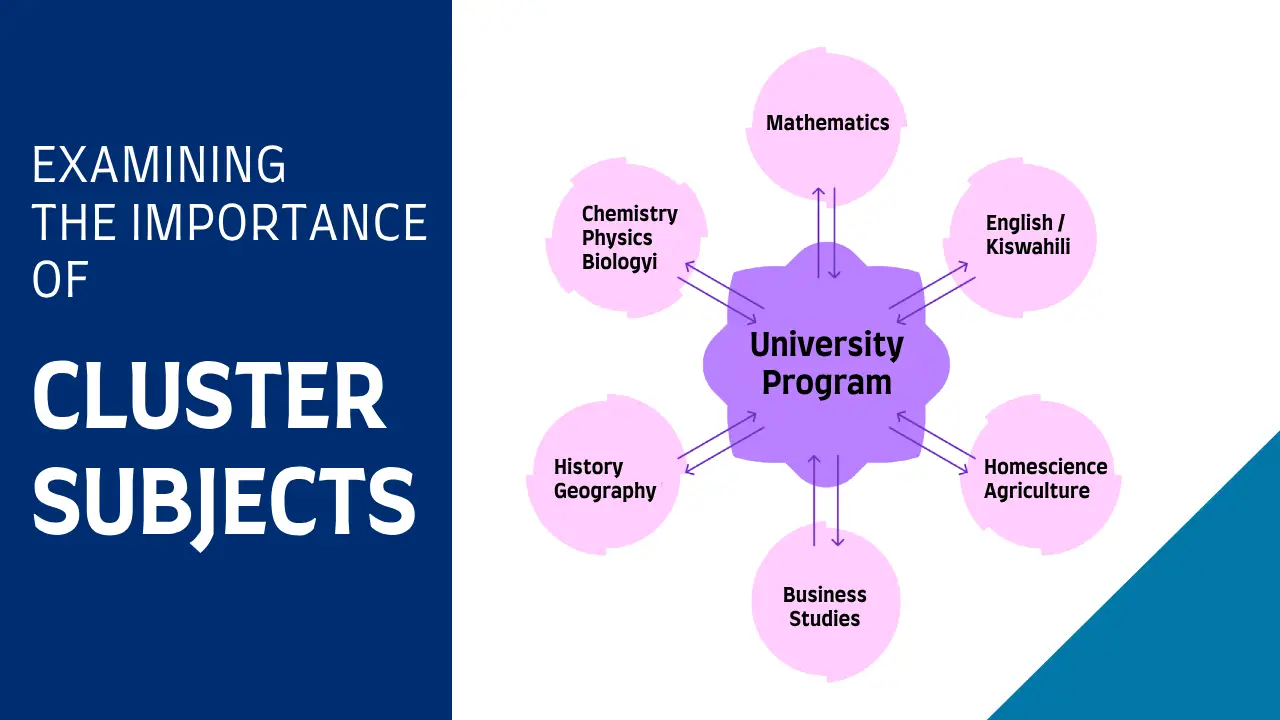
A university degree is a powerful stepping stone into your professional career. Bachelor’s programs typically take at least three years to complete full-time, with many programs spanning four years. Throughout your studies, you will gain a solid foundation of knowledge and hands-on experience through practical work.
With thousands of courses across multiple campuses, it is important to choose the one that best aligns with your goals and needs. Consider the following factors when evaluating your options:
- Full-time, Part-time, or Online: Choose the study mode that works best for your lifestyle.
- Course Length: Most bachelor’s degrees take three to four years.
- Location and Accessibility: How close is the campus to where you live? Can you commute easily?
- Accommodation: Will you need university housing or is living off-campus a better option?
- Fees and Costs: Consider tuition fees, material costs, and other expenses.
- Assessment Methods: What types of assessments (exams, projects, presentations) does the program involve?
- University Facilities: Are there modern labs, libraries, and study spaces?
- University Services: Look for support services such as academic advising, counseling, and career services.
- Extra-curricular Activities: Does the university offer clubs, societies, or sports that interest you?
- Career Outcomes: Check alumni success rates and career support after graduation.
- Lectures, Libraries, and Holidays: What’s the overall campus experience like, including access to study resources and time off?
- University Life: Self-Directed Learning and Personal Responsibility
At university, you are in charge of your own education. You will plan your own schedule, attend large lectures and smaller tutorials, manage assignments, meet deadlines, conduct professional-level research, and balance your study load with hours of independent learning.
One of the biggest surprises for school leavers is the shift in responsibility. Unlike high school, no one will tell you what to do or when to do it. It is up to you to actively manage your time, stay on top of assignments, and ensure you meet deadlines.
Seek Support When Needed
Be sure to check in with yourself after the first semester. If you find yourself struggling, do not wait too long to seek advice. Universities often have support services such as academic counseling, mental health support, and peer mentoring to help you navigate challenges. If necessary, consider changing courses or taking a leave of absence to re-evaluate your options.
A Long-Term Investment
Remember, university is a long-term investment in your future. It is a commitment that can shape your career and life, but it requires dedication and focus. If you make the decision to fully invest in your education, you will be grateful for it in the years to come.







